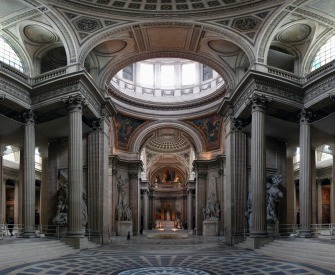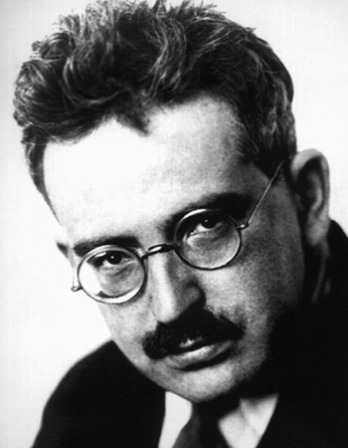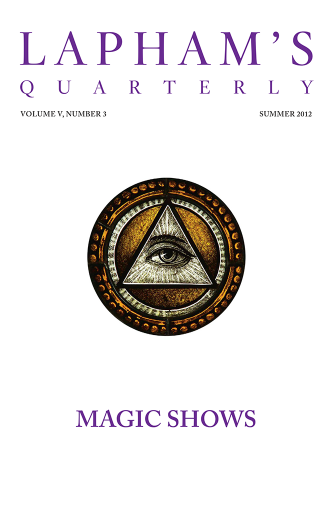In all free governments, it is the habit to overrate the dramatis personae of the hour. How empty to us are now the names of the great politicians of the last generation, as Crawford and Lowndes!
And—yet it is but a few years since these men filled in the public ear as large a space as Clay or Calhoun afterward, and when they died the race of the giants was thought ended. The path to oblivion of these later idols is just as sure; even Webster will be to the next age but a mighty tradition, and all that he has left will seem no more commensurate with his fame than will his statue by Powers. If anything preserves the statesmen of today, it will be only because we are coming to a contest of more vital principles, which may better embalm the men. Of all gifts, eloquence is the most short-lived. The most accomplished orator fades forgotten, and his laurels pass to some hoarse, inaudible Burke, accounted rather a bore during his lifetime and possessed of a faculty of scattering, not convincing, the members of the House. “After all,” said the brilliant Choate, with melancholy foreboding, “a book is the only immortality.”
From “Letter to a Young Contributor.” Descended from the first minister in the Massachusetts Bay Colony, Higginson became pastor of a church in Newburyport, where, owing to his progressive and politicized sermons, he “preached himself out of his pulpit.” He advocated for women’s rights and abolition, leading the first black regiment in the U.S. Armed Forces during the Civil War.
Back to Issue




